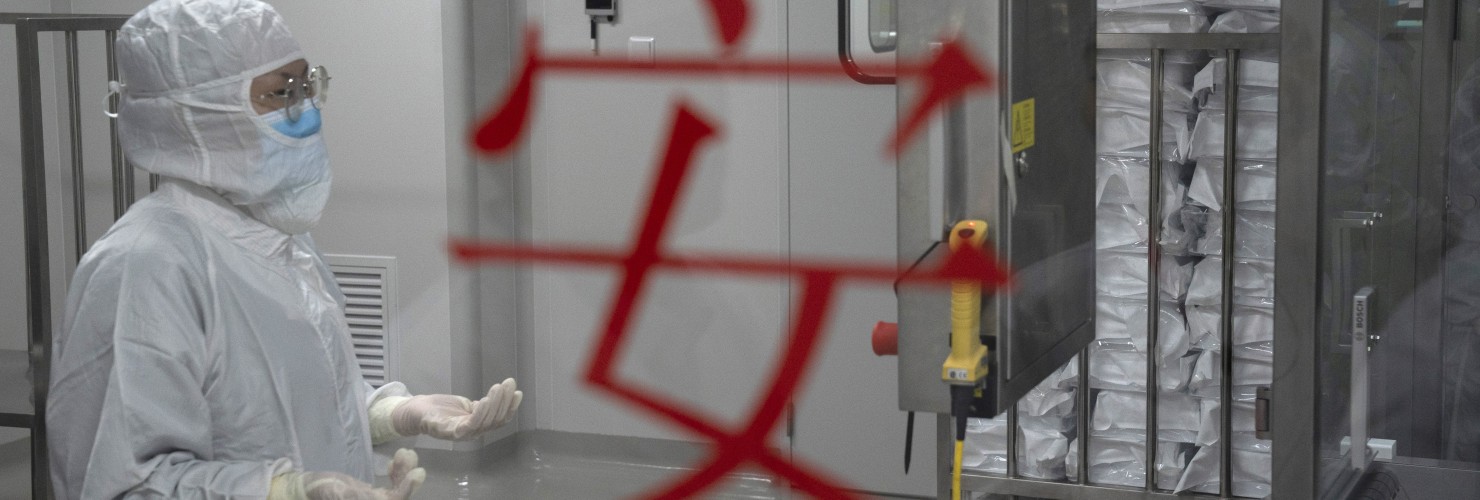

China’s Vaccine Diplomacy: Partnering for trials in at least 16 countries worldwide
The facts: “Vaccine diplomacy” has replaced “mask diplomacy” in the realm of China’s coronavirus geopolitics. Ten coronavirus vaccines are currently in the final phase of clinical trials, and four of these are being developed by Chinese companies. Due to a scarcity of homegrown coronavirus cases, the Chinese vaccines are undergoing third phase trials with partner institutions overseas. At least 16 countries, including Serbia, Pakistan, and Brazil, have signed up so far. Many of the countries hosting trials have also worked out agreements with their Chinese partners to purchase doses or manufacture the vaccine for local distribution. In mid-September, the United Arab Emirates (UAE) even approved Sinopharm’s vaccine for emergency use, making China the first country to have a vaccine approved for use by a foreign country.
What to watch: Although Xi Jinping has pledged China’s coronavirus vaccine as a “global public good”, the number of doses manufactured will necessarily be finite. While commercial and epidemiological factors will play a large role in future testing and distribution, the application of a Chinese vaccine will also be geopolitically significant. It will be interesting to see which countries get first access to a Chinese vaccine. Chinese officials have already pledged priority access to several countries in Africa and Asia, highlighting the vaccine’s role in China’s “Health Silk Road”. In June, Xi Jinping personally pledged to create a “China-Africa health community”.
MERICS analysis: “If China becomes the first country to manufacture a safe and effective vaccine at scale, the achievement will carry symbolic weight. However, framing itself as a global savior in a post-corona world is not without risks for Beijing," says Merics expert Jacob Mardell. “Aside from potential quality issues – as we saw with faulty protective equipment from China – Beijing also risks over promising. Domestic constraints mean China is not in quite the same position to act as economic savior as it was after the 2008 financial crisis.”
Media coverage and sources:
- World Health Organization: Landscape of Covid-19 candidate vaccines
- New York Times: China is using promises of vaccine as diplomatic carrot
This article is part of the October 8, 2020 issue of MERICS China Briefing.